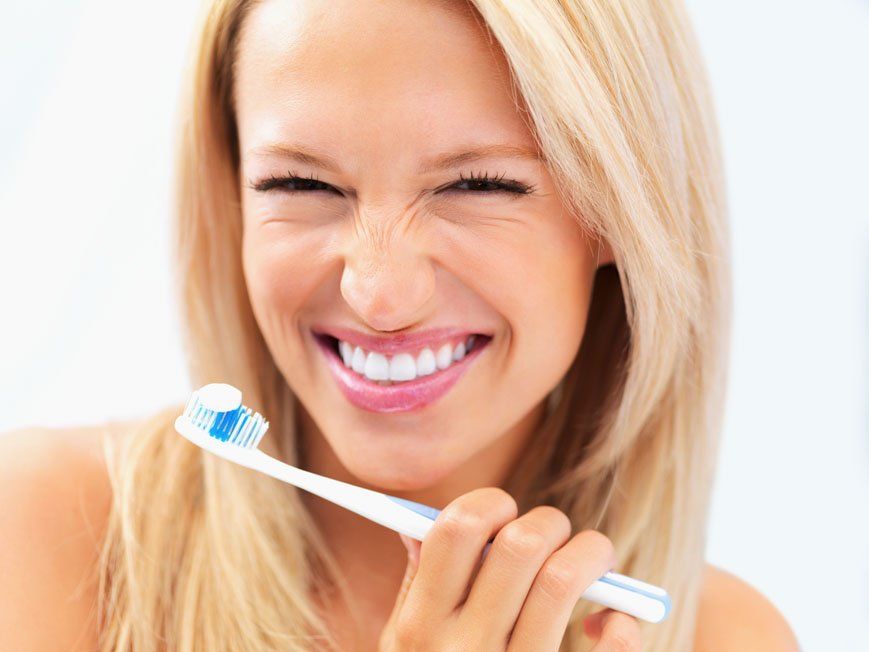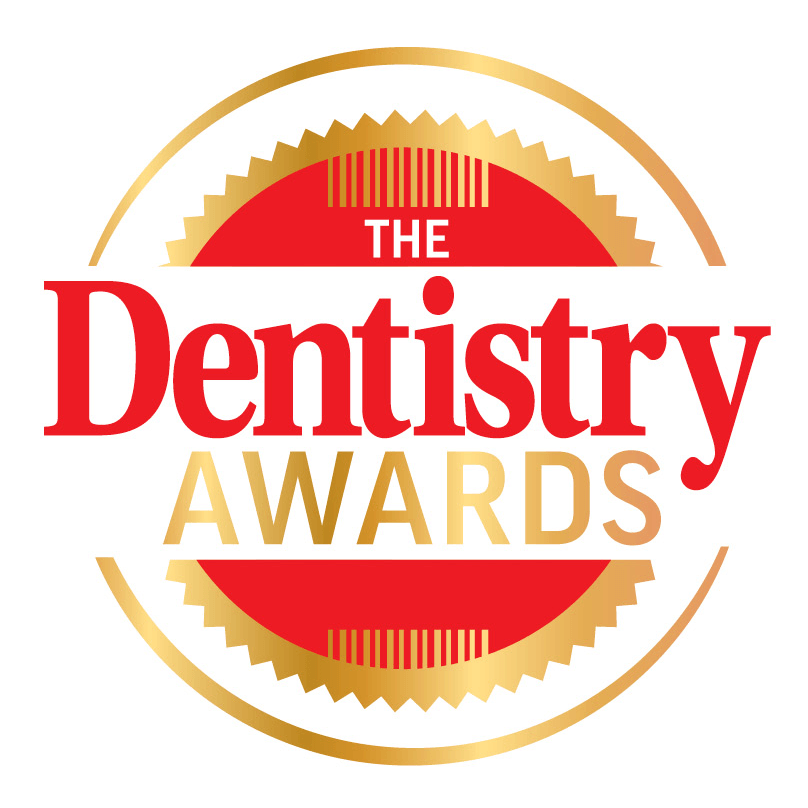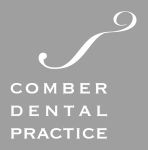Teeth hygiene and cleaning
Prevention is the ideal treatment
What our hygienists can do for you:
- Boost your confidence by improving your appearance and giving you fresher breath
- Reduce your risk of heart attack, coronary heart disease and stroke;
- Slow the progression of gum disease if present;
- Reduce your risk of tooth decay – that means fewer visits to the dentist!
Give your teeth a spring clean
Frequently asked questions
- Who are dental hygienists?
Dental hygienists are specially trained to work with the dentist in giving dental care to patients. They play a very important role and are mainly concerned with ensuring and maintaining total oral health.
They undertake a two-year course to obtain a Diploma in Dental Hygiene. A three-year degree course is also available. The General Dental Council has approved the use of the letters EDH as a short title for Enrolled Dental Hygienists.
- Does every dental practice have a hygienist?
Not all practices have a dental hygienist. But more of them offer this service to patients, using part-time or full time hygienists. At our practice, due to the huge value seen by our patients, we find that our hygienist preventative programme is extremely popular.
- What do they do?
Dental hygienists help prevent dental disease. One of their skills is to carefully remove hard deposits of calculus (tartar) and by coaching you to prevent it forming again. Dental hygienists are also trained to recognise and deal with a host of other dental needs.
Dental hygienists have both clinical and health promotional responsibilities. Clinically they help to treat and prevent periodontal (gum) disease by scaling and polishing teeth, applying prophylactic and anti-microbial materials, they can take dental radiographs and undertake monitoring and screening procedures. Dental hygienists are also permitted to apply topical fluorides and fissure sealants in order to reduce dental caries (tooth decay).
Their health promotional role includes motivating and encouraging individuals and groups in oral health practices including oral hygiene and diet advice.
A dental hygienist may:
- Monitor gum (periodontal) disease by using current indices.
- Monitor plaque scores
- Provide oral hygiene advice
- Give specific preventive advice including nutritional guidance, advice and use of fluoride agents and the benefits of smoking cessation.
- Develop a home care plan for individual patients to maintain oral health.
- Perform scaling above and below the gum.
- Comprehensive hand scaling of the root surface (debridement).
- Provide a thorough polishing.
- Apply fissure sealants.
- Placement of local anaesthetic when necessary.
- Placing of anti-microbial agents when necessary.
- Why is this treatment so important?
Regular professional cleaning combined with coaching to improve your homecare will ensure huge dental benefits. A clean and healthy mouth improves your appearance and gives you fresh breath. However, research has shown that good cleaning significantly reduces the risk of filling replacement, new cavities, gum recession, food trapping and teeth drifting. Gum disease is also linked to heart disease and there are concerns about poor gum health and pregnancy.
- Why doesn't the dentist do this work?
The dentists recognise that the hygienist is specially trained for cleaning and will spend much longer with you. They are also experts in coaching and motivating you to correctly look after your teeth and gums.
- Will it hurt?
Simple scaling and polishing is usually pain free. Patients who have not seen a hygienist before or have large deposits of calculus can experience some discomfort.
At Comber Dental Practice we have taken extensive steps to reduce discomfort:
- By increasing the appointment times, the procedure is slower, gentler and thorough.
- Special instruments have been imported to allow cleaning in a more gentle manner.
- Use of local anasthetic when necessary.
- Use of relative analgesia ( laughing gas ) when necessary.
- How much does it cost?
Our current charges are £50 for half hour and £33 for twenty minutes, if applicable. Our membership plan has been designed to spread the cost of hygeine visits. Your dentist and hygeinist can advise you which category will suit you best.
We recommend REGULAR dental hygiene care. All research demonstrates that a clean and healthy mouth is the simplest way to stop expensive dental repairs.

Testimonial 1
★★★★★
"I rang this practice over a holiday period, with an emerency but not pain related, as my own dental practice was closed. They are so friendly, helpful & cheerful I really felt at ease never mind relieved that someone would help! I am now considering a move to this practice. On this experience alone I would highly recommend them."
Dawn Cameron

Testimonial 2
★★★★★
"I've been with a few dentists in the past, and have to say these people are the best yet! Very friendly and helpful. Mr Blair is very good indeed and does an amazing job. The inside of the building is top notch and modern and extremely clean! Thank you guys for your care, I'll be there for life!"
Lee Ashley

Testimonial 3
★★★★★
"Five star treatment from a five star team everyone included Always there at a time of need with a prompt and efficient service"
Rosalind Norman

Testimonial 4
★★★★★
"I was in a lot of pain, and I was seen at very short notice. I appreciated their professionalism and warm manner. The treatment was comfortable and very successful. I was very impressed with their aftercare following the extraction – I was phoned the next day to check everything was OK. Thank you to everyone at Comber Dental Practice."
Mags Foram
Button
Testimonial 5
★★★★★
"A wonderful dental practice, I am so pleased with the results of my recent work at Comber Dental Practice, I just wish I had done it years ago. I was extremely well looked after, Mr Mooney took time and explained all the treatment options to me. I would definitely recommend this practice to anyone."
Isabelle Aylmer
Button
You deserve a great dentist
Opening hours
- Monday
- -
- Tuesday
- -
- Wednesday
- -
- Thursday
- -
- Friday
- -
- Saturday
- Closed
- Sunday
- Closed





